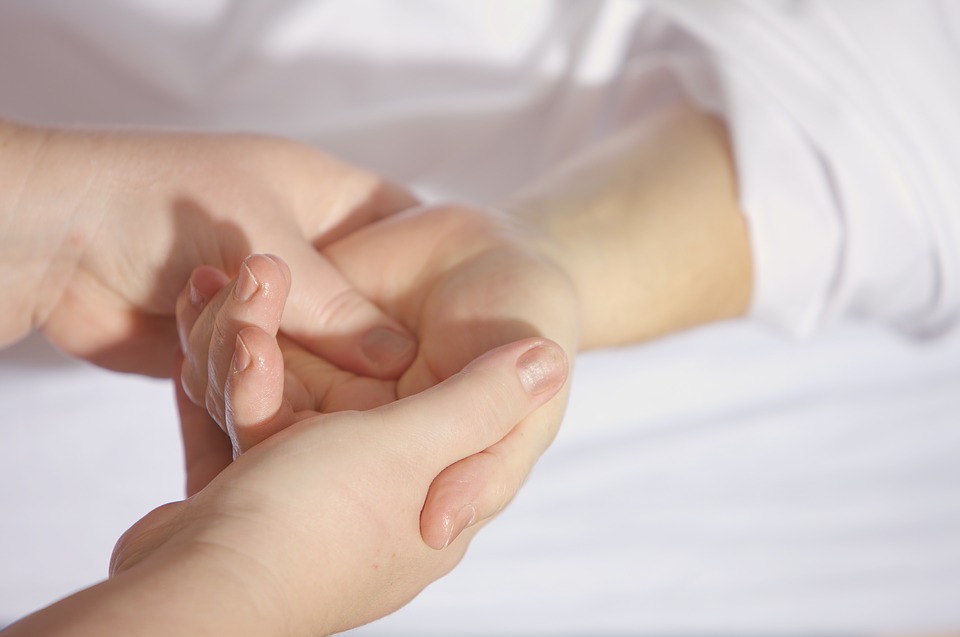by Ted J. Cibik, DMQ, PhD.
One of the common things that I see as a health care provider is that when people come to me with serious illnesses such as cancer, MS, severe asthma, lupus etc. is that they cannot envision themselves without the disease. Of the series of questions I ask patients on my initial session is what would you do if in fact this disease was gone tomorrow? What would you do with your day? How would you celebrate?
I am one of those people that firmly believes the mind is really the director of the body. The mind is the director of all cellular reconstruction taking place. If you give the mind clear concise direction, if you could envision, see and then believe – then the body has clear instructions on what to do to create or destroy cells – this is really the beginning of the healing process.
Don’t believe this? Look at the Spontaneous Healing project compiled by The Institute of Noetic Sciences which has a database of over 3,500 documented, verifiable cases of diseases, often life-threatening that were cured of their pathology (all measurable) by modern science.
Ok. So maybe you think those are “miracles” and that you may not be one of the “lucky” ones to have a miracle. Well what if I told you you could improve your condition by 30%? Would you be on board with that being more believable? Well that is the power of the placebo effect in healing. By just believing in your health care provider you can change outcomes.
Ted Kapchuck[1] states in the New England Journal of Medicine, “…..Research on placebo effects can help explain mechanistically how clinicians can be therapeutic agents in the ways they relate to their patients in connection with, and separate from, providing effective treatment interventions.” Do you believe in your health care provider?
At age 5 I died in a hospital from a severe 5-day asthma attack. At that time, I was to young to understand how to believe in doctors. I gleaned a certain wisdom after crossing over, that carried me through till the next time that I crossed over at the age of 12 (yeah, another asthma attack killed me). By the time I was 18 and had bone cancer, I had a lot of tools at my disposal.
I have learned so much about my own mind from these experiences that I like to share how to build the mind to be strong, adaptable and focused. This is what I have dedicated my life to doing – training others to be as strong as their true potential allows.
Be Well !
[1] Ted J. Kaptchuk is Professor of Medicine and Professor of Global Health and Social Medicine at Harvard Medical School and Director of the Harvard-wide Program in Placebo Studies and the Therapeutic Encounter (PiPS) at Beth Israel Deaconess Medical Center in Boston, Massachusetts.
Kaptchuk TJ, Miller FG. Placebo Effects in Medicine. New England Journal of Medicine; 2015; 373;1 8-9.


Recent Comments